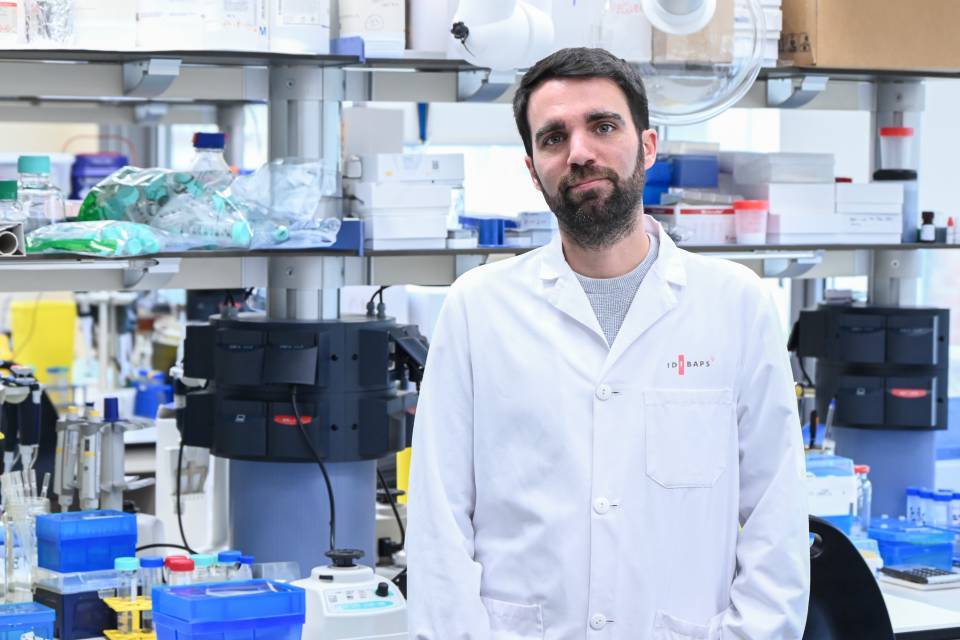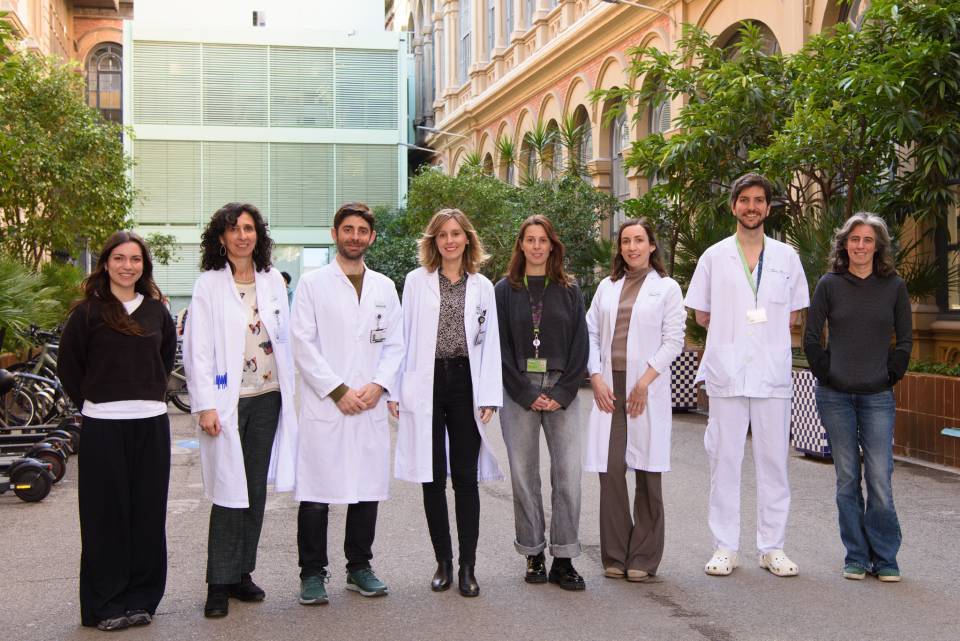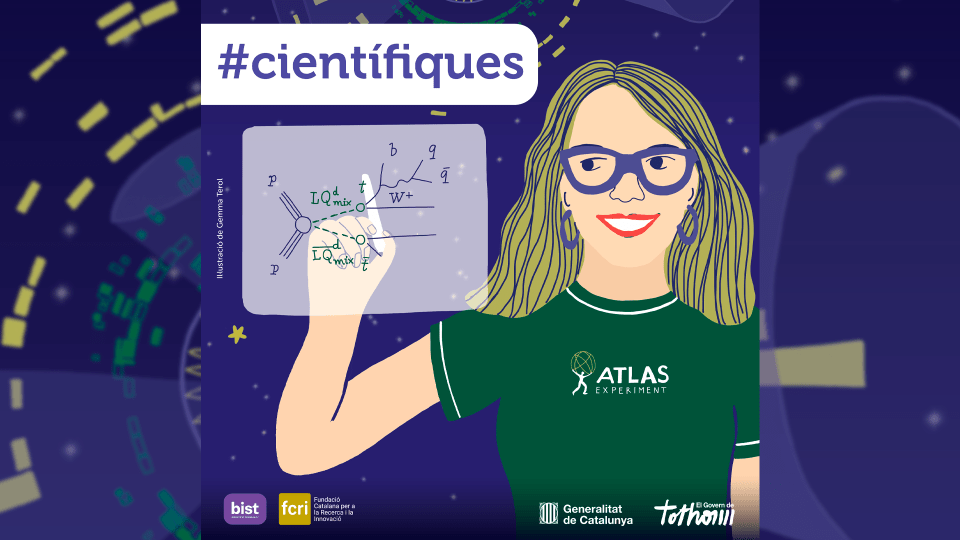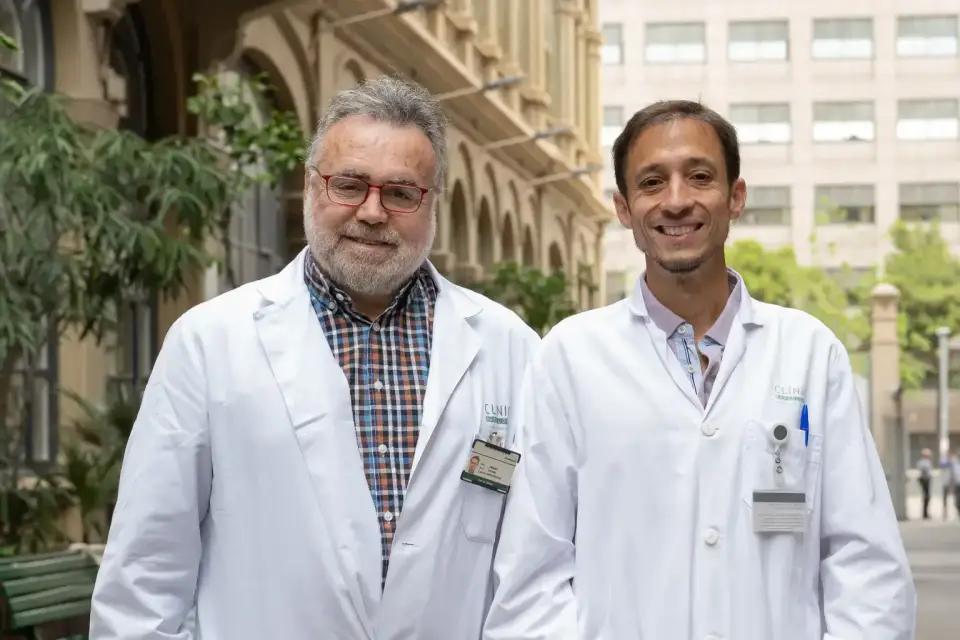CLL-STORY aims to reconstruct the complete history of chronic lymphocytic leukaemia (CLL), the most common form of leukaemia in adults. Basic aspects of CLL remain largely unknown even today, such as which cells give rise to it, how they evolve and the mechanisms of resistance to new therapies.
With this research, Ferran Nadeu’s team will strive to precisely define the cells of origin and their evolution throughout the patient’s life. They will also study the molecular and functional factors that influence responses to immunological treatments.
Supported with €1.8 million in funding, the project will combine cutting-edge single-cell and single-molecule sequencing techniques with innovative bioinformatic analyses and functional studies. The goal is to identify the molecular mechanisms underlying the pathogenesis of CLL and improve clinical and therapeutic management strategies for the disease.
According to Ferran Nadeu, ‘Understanding the full history of CLL will let us anticipate the behaviour of the disease and move towards more personalised and efficient medicine’. The results of CLL-STORY could also have an impact beyond CLL, providing important knowledge for other cancers or for developing new immunological therapies.
The ERC’s starting grants support research with great potential to advance high-impact scientific knowledge. The ERC is the most prestigious and demanding scientific body in the European Union. The purpose of the starting grants is to support the independence of young researchers so they can start their own research group. To benefit from these grants, the project’s lead researchers must demonstrate the innovative nature, ambition and viability of their scientific project.
This is the third consecutive call in which an IDIBAPS professional has received an ERC starting grant. Last year, Marianna Spatola was awarded one for the ImmuBRAIN project, which aims to better understand the immunological mechanisms of autoimmune encephalitis, and particularly encephalitis associated with antibodies against the NMDA receptor. In 2023, Silvia Affò received a starting grant to develop the DynamHet project, which studies the origin, evolution and function of heterogeneity presented by cancer-associated fibroblasts.




